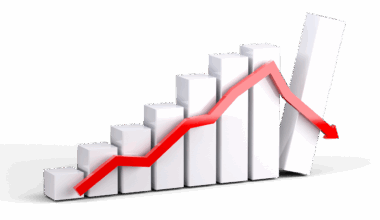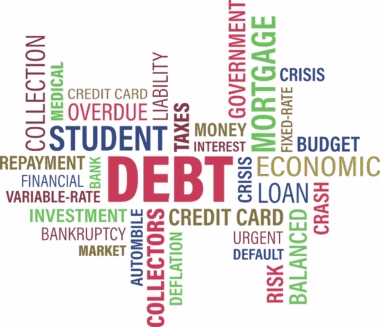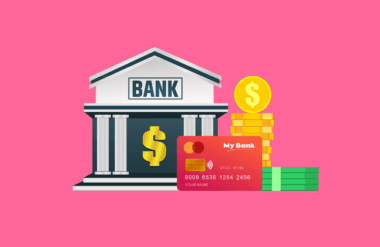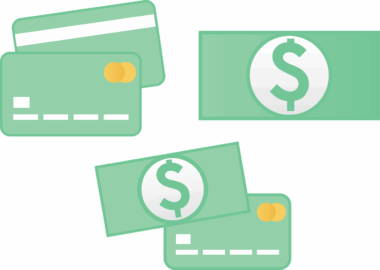Top Free Debt Management Tools for Beginners
Managing debt can be challenging, especially for beginners. Fortunately, there are numerous helpful apps and tools available for free, designed to assist you in tracking, managing, and ultimately reducing your debts. These tools can significantly improve your financial literacy and empower you to take control of your economic future. Among the most popular are apps like Mint, which offers a comprehensive view of your financial situation, including spending habits, incomes, and debts. Another great tool is YNAB (You Need A Budget), which focuses on budgeting efforts while providing tools to help prioritize debt repayment. These platforms are user-friendly and perfect for anyone looking to manage their financial obligations effectively. Additionally, Debt Payoff Planner is great for creating personalized repayment strategies tailored to your financial circumstances. It enables you to visualize your payment plans and adjust them as needed, helping you stay on track with your debt management goals. Utilizing these tools can turn the daunting task of paying off debt into a more manageable, structured process that fosters better financial health.
Another highly recommended tool is Personal Capital, which not only allows you to manage debt but also provides investment tracking and retirement planning features. This software is designed for securing your financial health long term, and its functionalities are especially beneficial for beginners aiming to get organized. Aside from app-based solutions, there are websites like Credit Karma, which offer free credit scores and monitoring services. This is very important because understanding your credit score can impact your ability to manage debt effectively. One feature that stands out in Credit Karma is how it provides personalized recommendations on credit cards and loans based on your credit profile. Furthermore, using community forums or discussion boards for debt management can be invaluable. They offer support, advice, and shared experiences that can provide motivation and wisdom not easily found elsewhere. It’s a psychological boost to know you’re not alone in your journey toward financial stability. The assistance provided through these apps, websites, and community resources combined make for a powerful toolkit for debt management.
Popular Debt Management Apps
Various debt management apps assist users in achieving their financial goals. Among these, the Debt Free app stands out for its simplicity and effectiveness. It offers a straightforward interface that allows users to enter their debts, track payments, and visualize their debt payoff progress. This motivational aspect encourages users to stick to their repayment strategies while also fostering a sense of achievement as they see their debts decrease. Another noteworthy app is Truebill, which actively helps users manage subscriptions and recurring payments, potentially freeing up extra funds that can be put toward debt repayment. Budgeting is another vital aspect of effective debt management. Using platforms such as PocketGuard can help individuals understand their spending patterns and highlight savings opportunities that can be redirected to debt payments. Each of these tools not only simplifies the process of managing debt but also aids users in cultivating healthier financial habits through careful monitoring and insightful strategies. Embracing these resources can make the path to becoming debt-free an attainable and less stressful endeavor.
Moreover, educational resources play a pivotal role in the debt management process. Many apps offer free online courses or webinars that teach essential financial skills and strategies. These educational tools can be highly valuable for beginners who may lack strong foundational knowledge. For example, financial literacy content from organizations like the National Endowment for Financial Education helps users understand terms, concepts, and tools they’ll encounter in their debt management journey. Budget calculators are also beneficial for those aiming to keep their debts in check. Tools such as GoodBudget provide a virtual envelope system for budgeting, allowing users to allocate funds towards debt repayment systematically. You can see how money flows in and out, helping to maintain a balanced budget. This transparency can significantly reduce the chances of overspending, which is often a contributor to fluctuating debt. Effective debt management requires discipline, but leveraging these educational resources and tools contributes to building financial awareness and smarter decision-making over time.
Using Spreadsheets for Debt Management
For tech-savvy beginners, spreadsheets can be a powerful tool in the debt management toolkit. Programs like Microsoft Excel or Google Sheets allow users to create customized debt trackers that can fit their individual needs. These spreadsheets can provide a clear overview of debts, interest rates, and payment deadlines. Customization is crucial because it allows users to develop a personalized approach to their debt management strategies, ensuring they remain motivated and organized. Users can also create formulas to calculate the most efficient debt repayment methods, such as the snowball or avalanche approach, where they can choose to focus payments on either the smallest or the highest-interest debts first. Spreadsheets allow for adjustments in real-time and can be continuously updated as financial situations change. Moreover, they can serve as a budgeting tool while tracking expenses against the total income, leading to a better understanding of potential amounts available for debt repayment. Integrating these elements can create a comprehensive oversight of financial health, assisting in long-term debt reduction.
Additionally, integrating goal-setting into your debt management strategy is crucial in maintaining momentum. Establishing realistic, achievable debt repayment goals creates a tailored plan that aligns with your financial situation. For instance, breaking down debts into smaller targets can enhance motivation as you achieve these milestones. Visualization tools offered in various apps, including Debt Payoff Planner, can assist in charting your progress, turning daunting debt into manageable steps. Users can also set rewards for achieving certain goals, creating positive reinforcement that encourages ongoing commitment. It’s essential to celebrate small victories during the repayment journey, as these achievements foster resilience against setbacks. Leveraging both digital tools and personal motivation strategies is critical in sustaining engagement and focus on debt management. From visual trackers to reward systems, the right combination can create a framework for long-term financial success. Being proactive about engaging with your financial journey leads to accumulated knowledge and steadfast discipline, ultimately paving the way toward a debt-free future, and fostering a strong sense of accomplishment.
Conclusion and Moving Forward
In conclusion, utilizing free debt management tools empowers beginners by providing them with resources that promote improved financial literacy and self-management. From apps and spreadsheets to educational resources, these tools make it easier to visualize progress and develop effective strategies for tackling debt. Understanding your debts—namely, interest rates and payment patterns—is critical to informing your repayment decisions. Personal finance is a journey that requires patience and dedication, but with the right tools, it becomes a navigable path. As you progress through your debt management journey, remain adaptable; circumstances can shift, requiring adjustments to your repayment strategies. Continual engagement with the tools at your disposal will foster a deeper understanding of your financial habits and lead to empowered decision-making. The support systems created through app communities also play a role in maintaining motivation and accountability. By prioritizing your financial health and utilizing the best available resources, you stand a better chance of achieving the financial freedom that you deserve.
Finally, as you embark on this journey toward financial stability, remember the importance of seeking professional advice if needed. Financial professionals can provide insights tailored to your unique situation that standard apps may not fully address. Many people find value in consulting with a credit counselor or financial advisor when they encounter complexities that hinder their progress. Such professionals often offer free or low-cost sessions, making their expertise accessible. Combining self-management through apps and tools with professional guidance creates a well-rounded approach to debt management. As technology progresses, new tools will emerge, potentially offering even greater advantages for users. Keeping abreast of trends in financial management technology could introduce you to innovative solutions that enhance your experience. Overall, taking the step to utilize these resources signifies a proactive effort toward confronting debt and improving your financial situation. Each action you take today builds a foundation for tomorrow’s financial health. Commit to becoming familiar with these tools and incorporate them into your everyday life for successful debt management.





